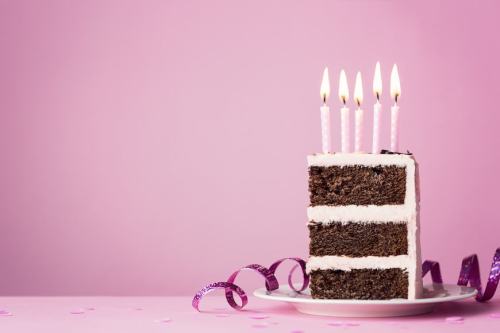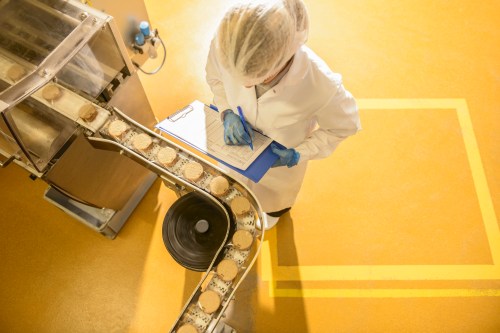Call it a lack of holiday spirit, but I was simply not feeling Easter this year. Some of you are eye-rolling because it’s Easter, AKA decidedly not one of the top annual causes for special festivities. But whatever, pastels and Jelly Belly jelly beans always used to make me feel hyped. Yet this year, even while on a veritable vacation, I felt…nothing. Furthermore, I’m days away from my 28th birthday, for which I will do nothing, because it’s two years shy of my next real milestone year, and it falls on a weekday, and ugh, really, what’s even the point?
Surely I’m not alone in my low-vibe funk, right? Because I get the sense that as people age, the experience of celebratory occasions feeling more stressful than special is nearly universal. Holidays become routine rituals meant to please other people. And birthdays? I mean, everyone has one—so, really, what makes them worth extra attention and effort? I can barely muster the energy to send a “Happy Birthday!” text to my closest friends, so I can only imagine how they feel about celebrating the fact that I, too, have cheated death for another successive year. Snooze.
But according to one pro, what this special-occasion fatigue might actually be is thinly veiled special-occasion anxiety. “Sometimes birthdays and holidays are hard for adults because of what they make them mean,” says psychologist Paulette Sherman, PsyD. “These events can be used as ‘markers’ of success or perceived lack thereof.”
How often does the thought of someone who’s not with you make its way into your mind when you’re supposed to be celebrating? Kids rarely deal with this sort of negative-leaning baggage.
So the issue, per Dr. Sherman’s take, isn’t that events themselves have changed in any way, but that the meanings we assign to them have. For example, a birthday signifies another year has passed, which can be a downer for someone who isn’t at a point in their career they’re proud of. And holidays can be anxiety inducing because they can double as alarm clocks that buzz with questions of nosy but well-intentioned relatives, like “why aren’t you dating?”
So that at least helps to explain why Friendsgiving is becoming an increasingly popular alternative to flying home, directly into a judgmental tribunal of aunts. Likewise, it points to why I dread 28, the age at which I’m undoubtedly going to get all Romy and Michele about my 10-year high-school reunion, because, no matter how great I’m doing, I’m bound to measure myself up against quite a few people doing better. (Or not, because we live in the age of social media, which means every day is a 10-year reunion, and I know what all of my classmates are doing. It also means I couldn’t pretend I invented Post-its even if I wanted.)
Not feeling like that symbolic-leaning explanation applies to your feelings on festivities? Well, more direct emotional and physical labor associated with holidays can also be at play. To understand this, just take note of some key differences between kids and adults, suggests Dr. Sherman. Kids are naturally able to be present, “so they enjoy these celebrations for the food and gifts and attention, oftentimes no matter who comes,” she says. “Adults sometimes we forget how to do this.” Think about it: How often does the thought of someone who’s not with you make its way into your mind when you’re supposed to be celebrating? Kids rarely deal with this sort of negative-leaning baggage.
“Also, kids just show up to their parties and events. As adults, we often plan our own, and need to bring food, and host things, which makes it feel more like work and less like pure enjoyment,” Dr. Sherman adds.
That said, there is one potential saving grace adults can call upon. The oddball effect allows you to make time feel longer (in a positive way) by surrounding yourself with fresh experiences and images. So maybe I’d be wise to shake up my birthday plans and try a new experience, like watching the sunrise or doing a workout on my lunch break. Maybe that would help me feel a bit of holiday spirit again.
Maybe. But I still can’t get hyped on turning 28.
If you still get stoked by the holidays, learn to to channel that energy into your work day. Plus, this is the best age for peak levels of self-esteem.
Sign Up for Our Daily Newsletter
Get all the latest in wellness, trends, food, fitness, beauty, and more delivered right to your inbox.
Got it, you've been added to our email list.










